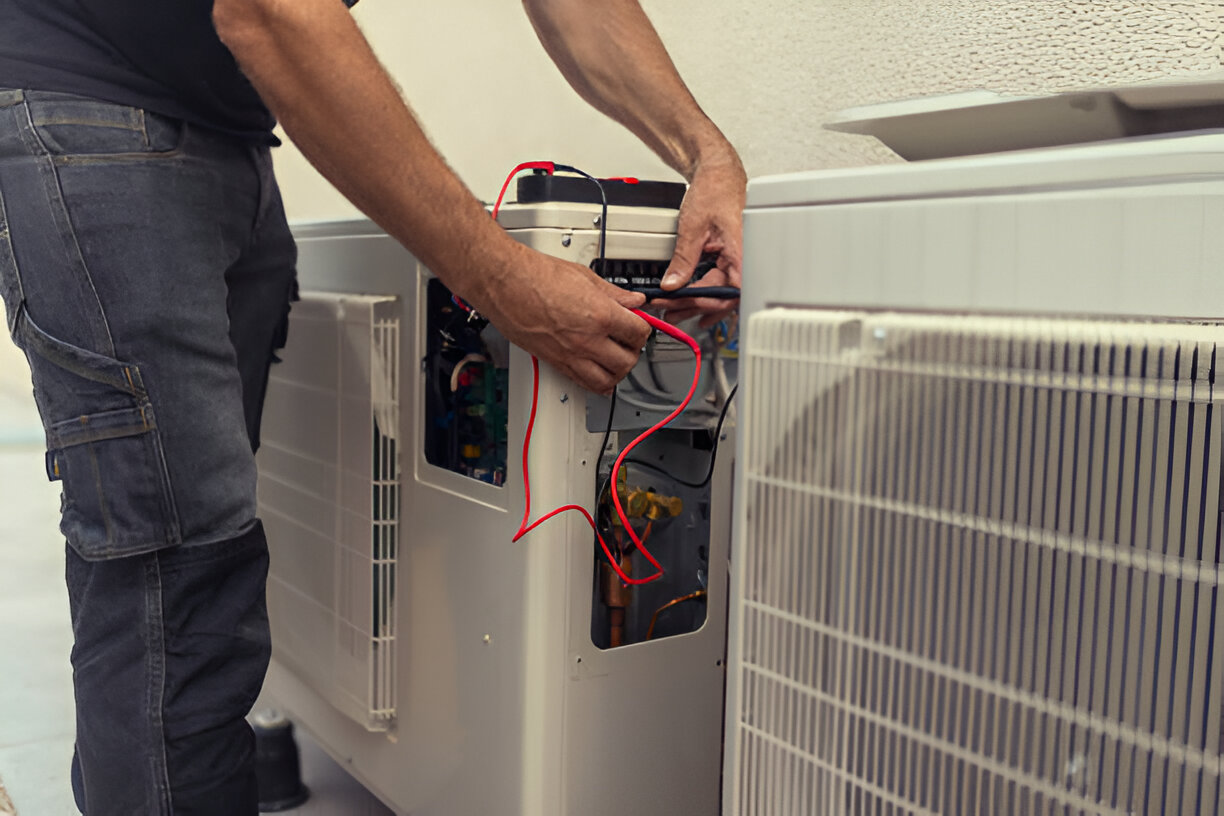
Boiler Repair in Gold Canyon, AZ
When a boiler fails, even mild Arizona winters and cool desert nights can become uncomfortable quickly. Boiler Repair in Gold Canyon, AZ focuses on fast, accurate troubleshooting and lasting repairs for leaks, pressure problems, burner or ignition failures, corrosion and fouling, and control or safety faults. This page explains the common issues seen in Gold Canyon homes, how those problems are diagnosed, sensible repair steps, and preventive water treatment and maintenance tailored to local conditions.
Why timely boiler repair matters in Gold Canyon, AZ
Gold Canyon’s desert climate means big temperature swings between day and night and hard water in many neighborhoods. Those factors accelerate thermal stress, scale buildup, and corrosion in hydronic systems. Leaving a boiler problem unattended can lead to:
- Larger leaks and water damage in walls and floors
- Failed circulation and uneven home heating
- Unsafe combustion or carbon monoxide risks from faulty burners or venting
- Reduced system efficiency and higher energy costsPrompt repair protects comfort, reduces operating costs, and preserves the life of the boiler system.
Common boiler repair issues in Gold Canyon, AZ
Most service calls fall into a few predictable categories. Recognizing symptoms helps homeowners prioritize safety and repairs.
- Leaks and dripping from tanks, pipe joints, valves, or heat exchangers
- Low or high system pressure and frequent pressure loss
- Burner or ignition failures: no heat, intermittent firing, or noisy ignition
- Corrosion, rust, and fouling on heat exchangers and piping due to mineral content
- Sediment and scale buildup that reduce heat transfer and efficiency
- Faulty sensors, thermostats, circulator pumps, or zone valves causing poor distribution
- Pressure relief valve failures or spitting from radiators and baseboard units
How technicians diagnose boiler problems
Effective repair starts with a systematic diagnosis that identifies root causes rather than just symptoms.
- Visual inspection for corrosion, leaks, and soot or discoloration around the combustion chamber
- System pressure check and observation while cold and under load
- Combustion analysis to measure flame quality, CO levels, and efficiency
- Leak tracing using inspection of joints, feedwater lines, and expansion vessels
- Thermal imaging to spot blocked or failing heat-transfer surfaces
- Water chemistry testing for hardness, pH, and dissolved oxygen that contribute to corrosion and scale
- Electrical and control checks on ignitors, sensors, relays, and safety switches
Typical repair steps and solutions
Repairs are sized to the problem found during diagnosis. Common, effective fixes include:
- Leak repair: replace gaskets, seals, valves, flexible connectors, or sections of piping. In cases of heat exchanger leaks, replacement is often recommended for long-term reliability.
- Pressure stabilization: repair or replace faulty expansion tanks, pressure reducing valves, or fill valves and correct system fill procedures.
- Burner and ignition repair: clean or replace electrodes, ignitors, pilot assemblies, gas valves, or modulating controls. Adjust combustion settings for safe, efficient firing.
- Circulator and pump service: rebuild or replace failing circulator pumps and check/check valve function to restore proper flow.
- Descale and flush: power or chemical flush to remove sediment and scale from the boiler and piping followed by inhibitor treatment.
- Heat exchanger and corrosion mitigation: when fouling or corrosion is advanced, restore heat transfer with cleaning or recommend component replacement if integrity is compromised.
- Control and safety component replacement: repair or replace thermostats, low-water cutoffs, pressure relief valves, and control boards as needed.
Water treatment and maintenance recommendations for Gold Canyon homes
Proper water treatment and a planned maintenance routine extend system life in areas with hard water and temperature cycling.
- Perform an initial water chemistry analysis to determine hardness, pH, and oxygen content.
- Install softening or conditioning where hardness is high to reduce scale formation on heat exchangers.
- Use corrosion inhibitors and oxygen scavengers as part of a closed-loop treatment program to limit rust and pitting.
- Schedule annual boiler clean-and-tune including combustion tune, flue inspection, controls check, and a system flush if sediment is apparent.
- Flush low spots and zone piping periodically to avoid sludge buildup in radiators or baseboards.
Safety testing and workmanship assurances
Safety checks are an essential part of every repair, not an optional add-on.
- Combustion safety and CO testing verify safe burner operation and proper venting.
- Pressure relief valve testing and expansion tank checks prevent overpressure conditions.
- Leak verification and system pressure stability testing confirm repairs under operating conditions.
- Electrical safety and control verification ensure reliable automatic shutdowns on fault conditions.Repairs should be documented and backed by workmanship guarantees and safety compliance checks. Properly performed repairs prioritize occupant safety and code-consistent operation.
Long-term benefits and homeowner tips
Addressing boiler issues now prevents emergency breakdowns and costly replacements later. Benefits of prompt, professional repair include:
- Improved comfort and even heat distribution throughout the home
- Better fuel efficiency and lower utility bills
- Reduced risk of water damage from progressive leaks
- Extended equipment life through stabilized operation and reduced thermal stressFor day-to-day care in Gold Canyon:
- Monitor system pressure and report steady drops or repeated pressure relief activity
- Listen for unusual sounds from burners, pumps, or pipes that indicate failing components
- Keep the boiler room clear of combustible materials and ensure adequate ventilation
- Maintain a documented annual service record and water treatment plan
Boiler Repair in Gold Canyon, AZ focuses on diagnosing root causes, restoring safe combustion and circulation, treating water-related problems, and testing safety systems so your hydronic heating performs reliably through desert cold snaps and seasonal swings.




_11zon%20(1).webp)


